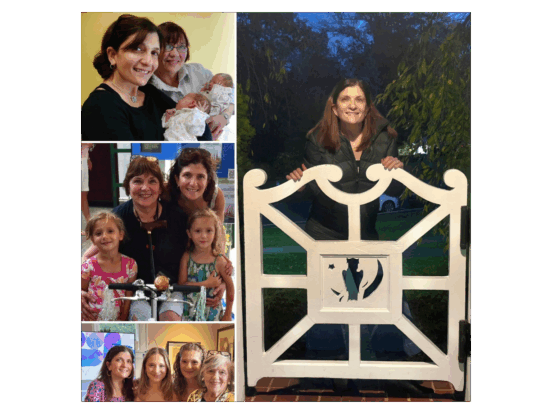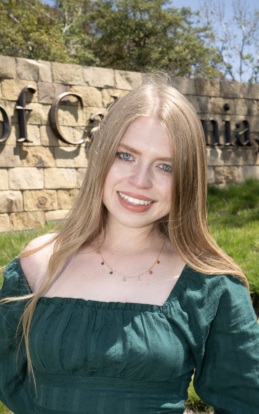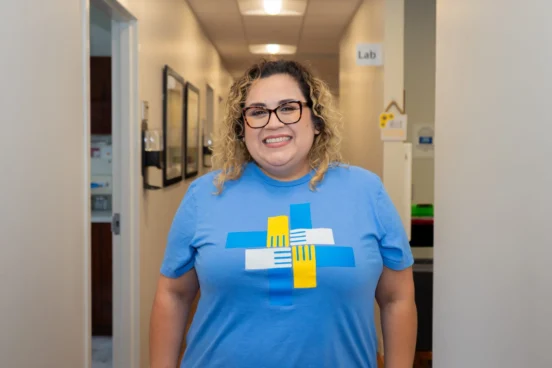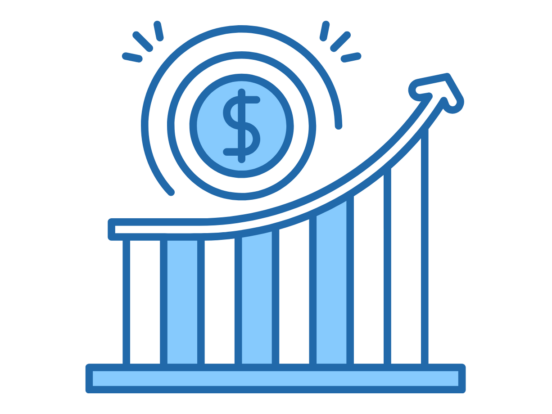
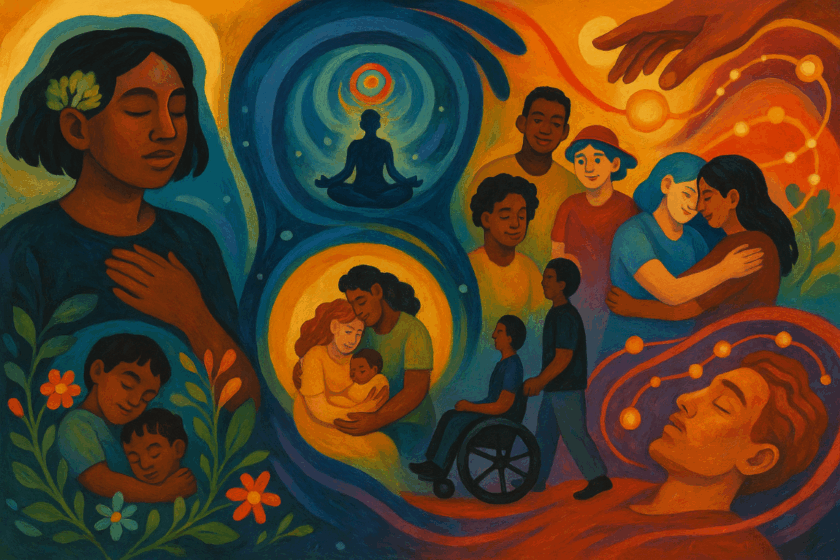
Healthcare for All Means All: Why Everyone Deserves Access to Care
NPAF intern Christian Espinoza shares his personal story about the impact Medicaid has had on him and his Inland Empire community.
Christian Espinoza is currently NPAF’s summer intern and a PhD candidate at Claremont Graduate University focusing on Urban Educational Leadership. As a first-generation, queer, undocumented scholar and social entrepreneur, he is committed to reshaping what access and equity look like for his community. He contributed his Medicaid story using this secure Boast link.
The artwork is also by Christian and titled, Sanación Colectiva: Threads of Belonging
If my community and I lost access to Medicaid, community health clinics, or other essential safety-net programs, we would lose far more than just healthcare—we would lose stability, dignity, and hope.
As a college student from a low-income, mixed-status family, these programs are often the only accessible and affordable healthcare options available to us. Without them, I would not be able to manage my chronic Eustachian tube dysfunction, which requires bi-monthly visits to an ENT specialist and hearing aids to function in my daily life. Losing access to this care would mean struggling to hear lectures, missing out on conversations, and falling behind academically and professionally.
Beyond my own condition, I’ve seen how vital these programs are for our mental health. Schizophrenia runs in my family, and without access to affordable mental health care, my loved ones risk going without the treatment and support they need. For low-income individuals in particular, these safety-net programs are often the only point of entry into the healthcare system. Without them, they are left to suffer in silence, forced to delay or forgo care due to cost, language barriers, or limited access.
I want policymakers to understand that these programs aren’t extras—they are essentials. They are not handouts—they are the foundation of public health and community well-being. When you cut funding to Medicaid or community health services, you are not just shifting numbers on a spreadsheet—you are stripping people of their ability to live healthy, dignified lives. You are pushing students like me to choose between pursuing an education and managing our health. You are endangering families already living on the edge. What’s at stake is everything—our health, our education, our ability to contribute to society, and our belief that the system sees us as human. These programs are lifelines. Cutting them would devastate communities like mine. Protect them. Fund them. Expand them. Because everyone—regardless of income or immigration status—deserves access to healthcare.
